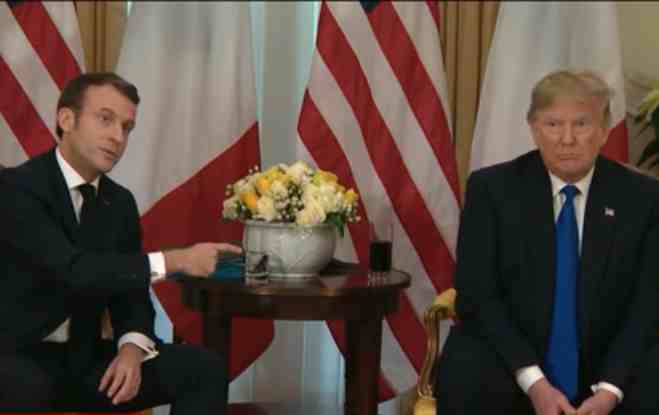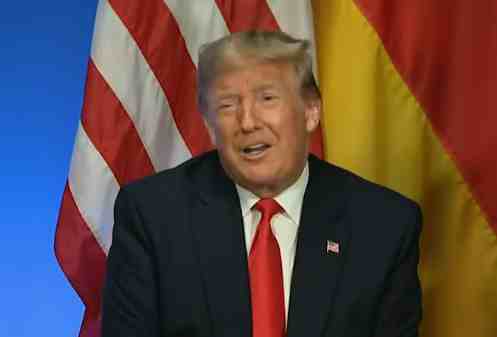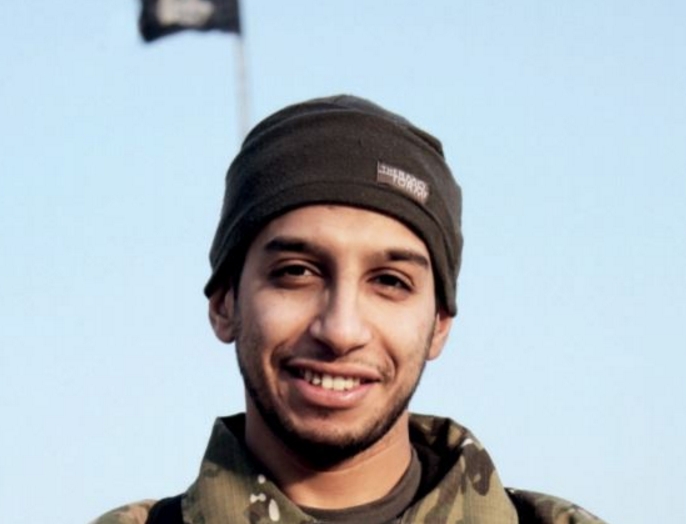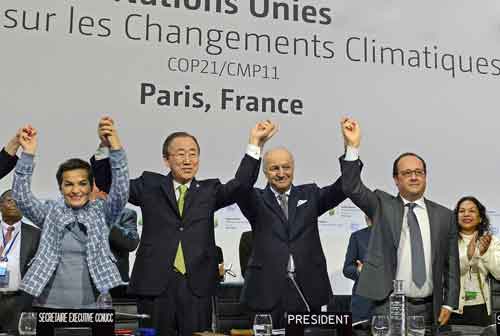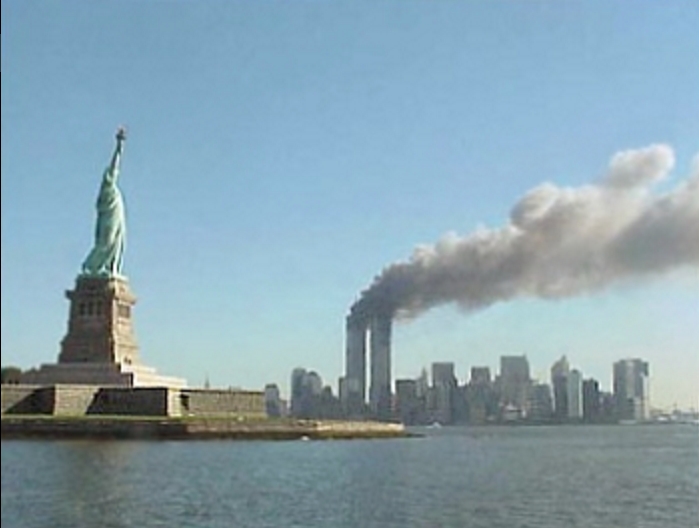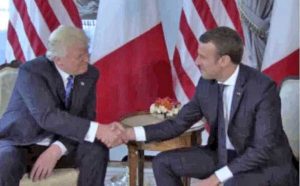
U.S. President Donald Trump, who in the past has disparaged Paris as an unsafe city because of terrorist attacks, leaves for the French capital on Wednesday for counterterrorism talks with President Emmanuel Macron and to mark the 100th anniversary of U.S. troops entering World War I.
Trump a year ago described Paris as “so, so, so out of control, so dangerous,” and more recently suggested that Islamic State attacks in Paris had diminished it as a world-class destination.
As he pulled the U.S. out of the 2015 international Paris accord to control greenhouse gas emissions, Trump said he was elected to represent “Pittsburgh, not Paris.”
Paris schedule
But on a two-day trip to Paris, Trump plans to meet with the newly elected Macron, have lunch with military officials, tour the tomb of Napoleon Bonaparte and on Friday attend Bastille Day events on France’s major national holiday.
The two leaders are set to hold their meeting Thursday before speaking to reporters.
“We will talk about all the issues which are of interest to us both, including those about which we have disagreements when we have them, but also a lot of the issues on which we are working together — the terrorism threat, the crises in Syria and Libya, and a lot of issues which are of interest to us both,” Macron said.
A senior U.S. official told reporters the White House expects the civil war in Syria and U.S.-French cooperation both there and on other counterterror issues to take up most of the discussion, while there could also be some follow-up to last week’s G-20 summit in Germany.
France is part of the U.S.-led coalition that has been carrying out airstrikes against Islamic State targets in Syria and Iraq since late 2014. A large majority of those strikes this year have taken place in Syria, where the militants have their de facto capital in the city of Raqqa.
Trump and Macron are both in their first year in office and have shown policy differences when it comes to international efforts to combat climate change. But they also share certain goals, such as reducing the number of workers in their respective governments.
The senior Trump administration official described the relationship between the presidents as “very positive.”
On Friday, Trump and his wife, Melania, will attend the annual Bastille Day parade, which will include both French and U.S. military personnel.
“The fact that we participated in such a major way in World War I, side by side with the French, is a clear parallel to what we’re doing today,” the senior administration official said. “We still live in a dangerous world. We still live in a world that has many, many threats.”
A French government spokesman, Christophe Castaner, said, “Sometimes Trump makes decisions we don’t like, such as on climate, but we can deal with it in two ways: we can say, ‘We are not going to talk to you,’ or we can offer you our hand to bring you back into the circle. Macron is symbolically offering Trump his hand.”
Source: VOA

